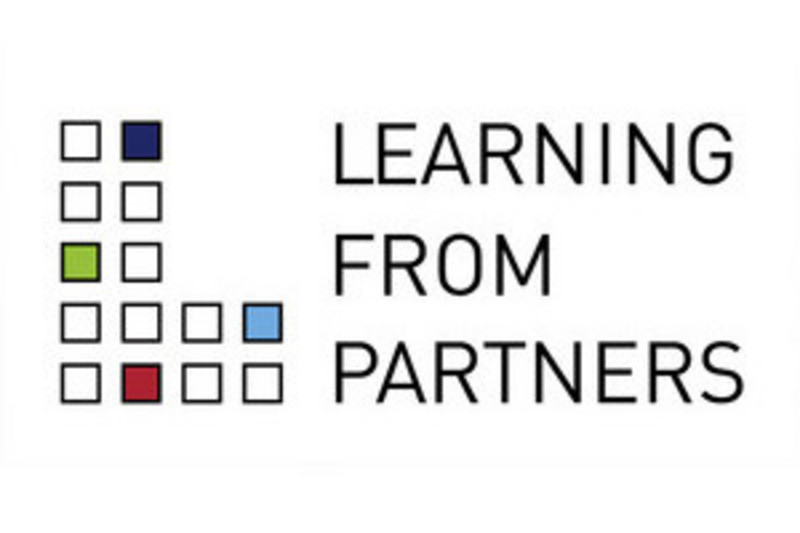How Well Do Foundations Work?

Results of a large feedback study are presented at Tag der Stiftungen (Foundation Day) – Partners indicate high satisfaction with collaboration with foundations but see improvement potential in the areas of information politics and transparency.
Düsseldorf, October 1, 2015 – Ten major German foundations and the Stifterverband, a joint initiative of companies and foundations, have collectively gathered systematic feedback from applicants and grant partners. For the project, titled “Learning from Partners,” more than 10,000 partners were queried by a research group from the Center for Social Investment and Innovation (CSI) at the University of Heidelberg. The researchers asked about the partners’ satisfaction, the administrative processes, forms of support offered by foundations, and the question of how the foundations are perceived and assessed by partners. Around 94 % of partners were very satisfied with the partnership with their respective foundation. However, it was also clear that partners desire more information and greater transparency. Today, the results of the study were presented and discussed at the Tag der Stiftungen in Düsseldorf.
A large majority of respondents (over 80 %) consider foundations to be renowned and responsible agents. Foundations support their partners not only with financial support but also in increasing the visibility of their projects and in project management. For partners, contact with foundation staff members is essential in all phases of cooperation. The 11 participating foundations also received the results of the questionnaire as an individual report. This allows foundations to make focused optimizations based on partner feedback; for example, partners wished for more information about how the foundation processed their application.
At the Tag der Stiftungen today, where citizens can get information about the non-profit activities and services of German foundations, the directors and board members of the participating foundations discussed their partners’ feedback with the public. “Foundations, as actors in civil society, are required to continuously develop. That includes the questions: Is our work producing the desired effect? The answer isn’t found only by looking in the mirror, but also by looking at our partners,” explained Prof. Dr. Michael Göring, Chairman of the Board of the Federal Association of German Foundations in Düsseldorf, which coordinates the conference as a German contribution to the “European Day of Foundations and Donors.” Dr. Volker Then, Managing Director of the CSI, also commented on the results of the study: “Thanks to the growing consortium, this second survey in the ‘Learning from Partners’ project was able to reach many more foundation partners. The partner feedback proved fitting and well-reflected, and clearly takes into account the respective approaches of the participating foundations. This makes it possible to trace, for the first time, processes of organizational development among foundations.”
Currently, Germany has around 21,000 legally recognized civil foundations. Of these, the largest percentage (ca. 29 %) has social aims, while 15 % are in education and 15 % in arts and culture. Other aims include science research (ca. 12 %) or environmental protection (ca. 4 %).
In keeping with their purpose, foundations develop support programs and projects that achieve their goals. In doing so, foundations collaborate with a large number of partners from all sectors of society. The “Learning from Partners” study is focused on the systematic evaluation of collaboration between foundations and these partners. Participants in the joint research project included the Fritz Thyssen Foundation, the Gerda Henkel Foundation, the Klosterkammer Hannover, the Bingo Environmental Foundation in Lower Saxony, the Lotto Sport Foundation in Lower Saxony, the Robert Bosch Stiftung, the Software AG Foundation, the Stifterverband for German Research, the Mercator Foundation, the Volkswagen Foundation, and the Wilhelm Sander Foundation. The purpose of the study is to use the information provided by partners to identify strengths and opportunities for improvement in the foundation activities. Foundations that had already participated in a pilot study in 2012 were also able to determine whether measures initiated since then have resonated with partners.
Further Information and Contact:
Software AG Foundation
Peter Augustin, M.A.
Press Officer, Head of PR
Tel: +49 6151 916 65 146
Mobil: +49 151 18 83 83 48
E-Mail: p.augustin(at)sagst.de
Download Individual Report
Martin Hölz, M.A.
Project Director
Center for Social Investment and Innovation, University of Heidelberg
Tel: +49 6221 54 119 84
E-Mail: martin.hoelz(at)csi.uni-heidelberg.de
Download Complete Report
